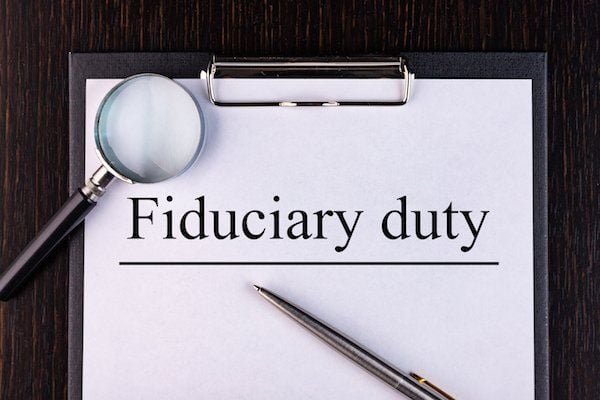The Frugal Fiduciary Small Business 401(k) Blog
Get the latest industry news, deadlines and tips you need to know to help tackle your fiduciary responsibility needs.

401(k) Variable Annuities - 5 Reasons to Avoid Them

By: Eric Droblyen
December 17th 2024
Over time, the cumulative effect of variable annuity wrap fees can cost a 401(k) participant hundreds of thousands of dollars in retirement. Here’s what you need to know.
Read More

401(k) Mutual Funds – Choose Low-Cost Share Classes to Maximize Returns

By: Eric Droblyen
November 19th 2024
Discover how choosing low-cost share classes for your 401(k) plan can significantly enhance returns and fulfill your fiduciary responsibilities.
Read More

401(k) Revenue Sharing - 5 Reasons for Businesses to Avoid it

By: Eric Droblyen
October 22nd 2024
Revenue sharing can seem like a convenient way to pay 401(k) administration fees, but the method often leads to hidden costs for employees and employers.
Read More

401(k) Investment Selection – Don’t Let ESG Factors Distract You

By: Brian Furgala
June 20th 2023
Fiduciaries should be focusing on relevant risk-return factors, including investment fees, in evaluating 401(k) investment options and not be distracted by ESG factors.
Read More

Morningstar's Active/Passive Barometer – Takeaways for 401(k) Fiduciaries

By: Eric Droblyen
August 16th 2022
401(k) fiduciaries can struggle to choose between active or index funds when picking plan investments. The Morningstar Active/Passive Barometer can help.
Read More

Target Date Index Funds – The Best Investment for Most 401(k) Participants?

By: Eric Droblyen
July 5th 2022
Target Date Index Funds may be the best investment for most 401(k) participants. They combine strong net-of-fee returns and set-it-and-forget-it convenience.
Read More

Hughes v Northwestern: What is a "Prudent" 401(k) Investment?

By: Eric Droblyen
February 2nd 2022
When the Supreme Court re-opened the Hughes v. Northwestern University case, they didn't offer plan fiduciaries a "prudent" 401(k) investment definition. We do.
Read More

401(k) Investments - Options for Selecting a “Prudent” Menu

By: Eric Droblyen
September 30th 2020
Inappropriate investment selection is a top cause of 401(k) lawsuits today. This trouble can be easily avoided with some impartial investment guidance.
Read More

Index Funds Are Indisputably Prudent 401(k) Investments - How to Pick a Lineup

By: Eric Droblyen
March 4th 2020
Index funds from providers like Vanguard, Fidelity, or Schwab make it easy for employers to meet their investment-related 401(k) fiduciary responsibilities
Read More

401(k) Investing – Professional Advice is Easy to Access Today

By: Eric Droblyen
February 19th 2020
To afford retirement as soon as possible, 401(k) participants must invest appropriately. Today's professional investment advice options make doing so easy.
Read More